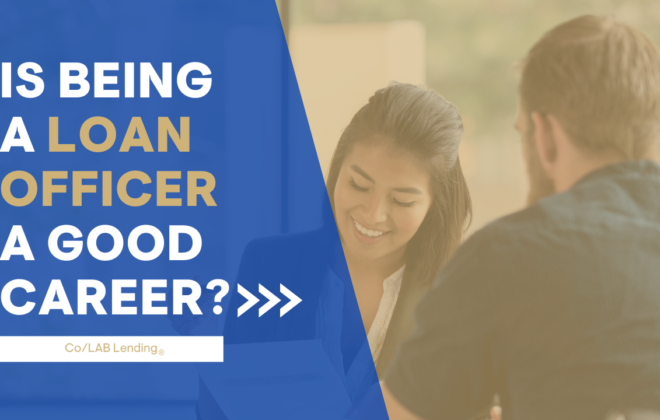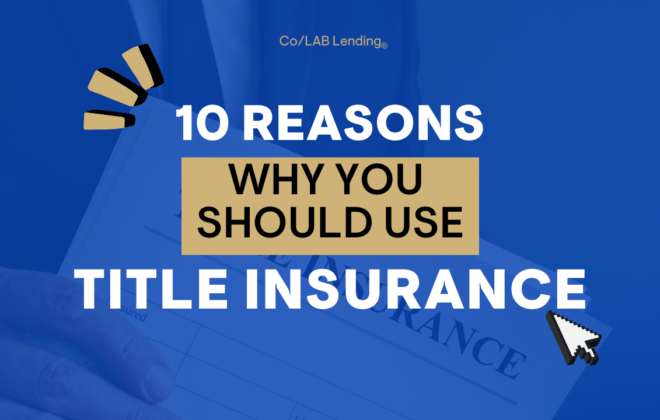Variable Interest Rate versus Fixed Rate Mortgage: Which is Right for Me?
Take a deep breath, you’ve come to the right place. Let’s get you educated on variable/adjustable interest rate mortgages (ARMS) and fixed rate mortgages so you can embark on your home buying journey feeling confident, informed, and optimistic. I can tell you now that a one-size fits all loan does not exist. That being said, let’s dig in and see what loan fits your needs.
Variable/Adjustable interest Rate Mortgages (ARMs):
An ARM is a type of mortgage that has an interest rate which can vary during the term of the loan. As you may expect, as interest rates rise or fall, your payments increase or decrease. However, many ARMs limit how high or low these rates can stagger or plummet.
If you’re thinking to yourself, there is no way I’m taking the gamble on an ARM, just remember: mortgages come with an adjustment cap which protects the buyer from a rapidly changing index. This means that the interest rate of an ARM is controlled so that it can’t drastically increase and leave you in a financial lurch. Moreover, while some of these loans do come with semiannual or even monthly adjustments, most are annual.
To add to an ARM’s stability, there are a fixed number of years where the ARM’s interest rates remain the same. Most commonly, this initial fixed rate period is three, five, or seven years long. In many ways, ARMs provide you with more financial protection than their name implies. The adjustment cap, however, often depends on your loan’s initial fixed rate period.
While there are structures in place to protect the homebuyer, it’s important to be realistic about the risks of fluctuating property value, financial conditions, and interest rates. Be sure you have a good understanding of the terms on your particular ARM. The question to ask yourself is: Will I still be able to afford monthly payments if my loan reaches its high-end cap?
If you’re planning to stay in your new home for only a couple of years, it can be advantageous to take the low initial interest rate of an ARM. Just be prepared if your house doesn’t sell as fast as you’d anticipated.
Variable/Adjustable interest Rate Mortgages |
|
|
Pros
|
Cons
|
One more term to consider is a mortgage’s loan-to-value (LTV). This is especially important for new homebuyers with little or no money for a down payment. The LTV is a ratio that expresses the value of a property versus the mortgage balance. Most ARMs have a limited LTV up to 105%, meaning the loan can exceed the property value if the market declines. While it’s beneficial to keep your LTV as low as possible, this term allows homeowner to avoid foreclosure during times of hardship or delinquent payments by lowering monthly payments.
Fixed Rate Mortgages:
As the name may imply, fixed-rate mortgages maintain a consistent rate of interest over time. Likewise, your total payment remains the same from month to month. This stability can be great for budgeting. Naturally, if interest rates begin to rise, you’ll appreciate the fact that you opted for a fixed-rate mortgage.
Fixed Rate Mortgages |
|
|
Pros
|
Cons
|
The marketplace offers numerous varieties of fixed-rate mortgages (and ARMS as well). The key is finding which is best tailored to your situation.
Regardless of which option you choose, your early payments will go almost entirely to interest. An important element to consider is the mortgage term, or how long your interest will be in effect (a term is complete when the loan is paid in full). The most common options are 10, 15, 20, and 30 year loans, the latter being most popular for its extended time and low payments. While a longer term can be helpful in keeping monthly payments low, buyers who choose this options will pay significantly more overall because of the extra 10+ years of accrued interest.
Mortgage Term:
In general, the faster you can pay off a mortgage, the less you’re paying over and above the cost you originally borrowed. Not only is there less time to accrue interest, but short-term mortgages usually allow for lower interest rates. The challenge, of course, is that you may have to make a higher monthly payment.
Overall, if you can afford a greater monthly expense, have locked-in your loan at a time of low-interest, and plan on living in your home for a awhile, you’ll save big bucks over the term of your mortgage by going with a fixed rate option. This choice will keep your interest rate lower, even though the initial ARM rate is less costly.
We would love to hear from you. Share, like, or leave a comment below.
Mortgage Consultation Today!
Categories
- Credit (4)
- FHA Loans (3)
- Finances (3)
- First Time Home Buyers (6)
- Grab Bag (7)
- Home Technology (1)
- Homebuying Tips (17)
- Inspiration (1)
- Insurance (3)
- Interest Rates (3)
- Loan Process (1)
- Mortgage Financing (14)
- Motivation (1)
- News (1)
- Press Release (8)
- Renovation (2)
- Self Employed (1)
- Tips & tricks (1)
- Uncategorized (134)
- USDA Loans (1)
- VA Loans (2)




